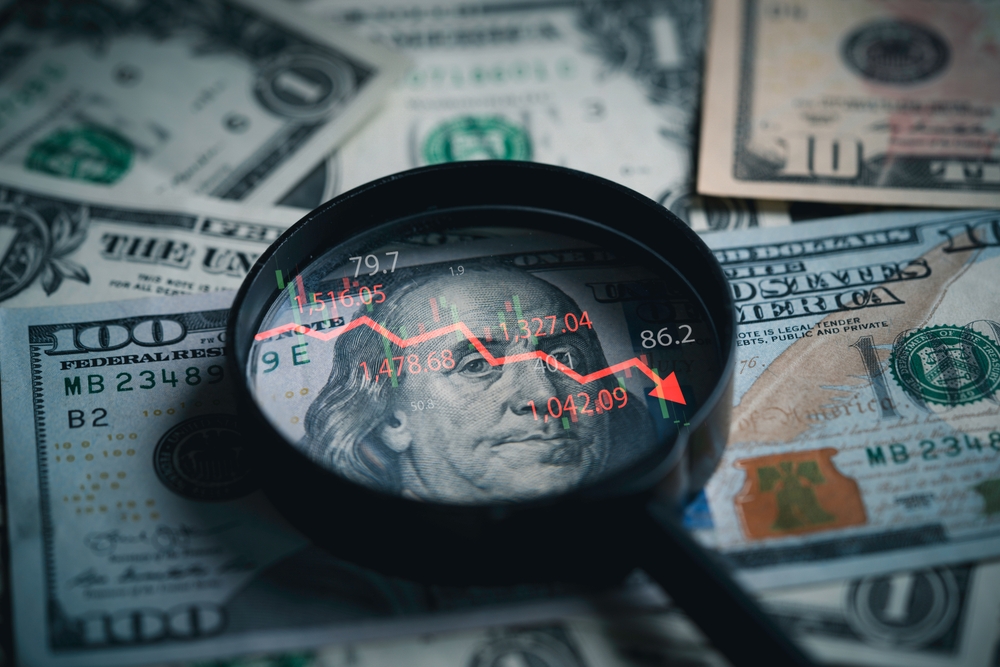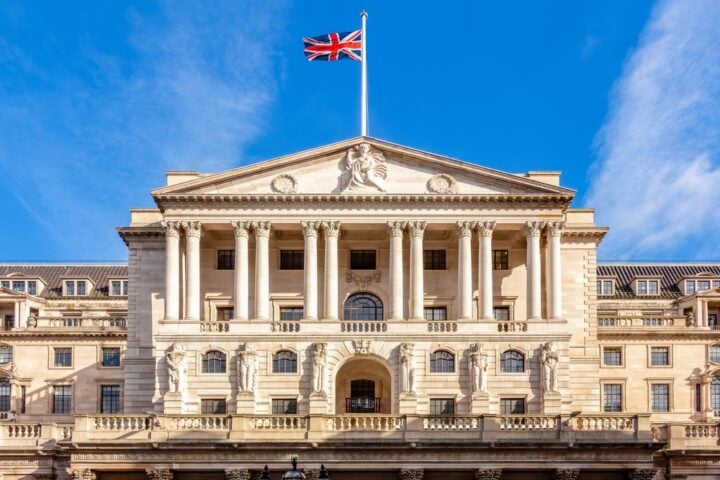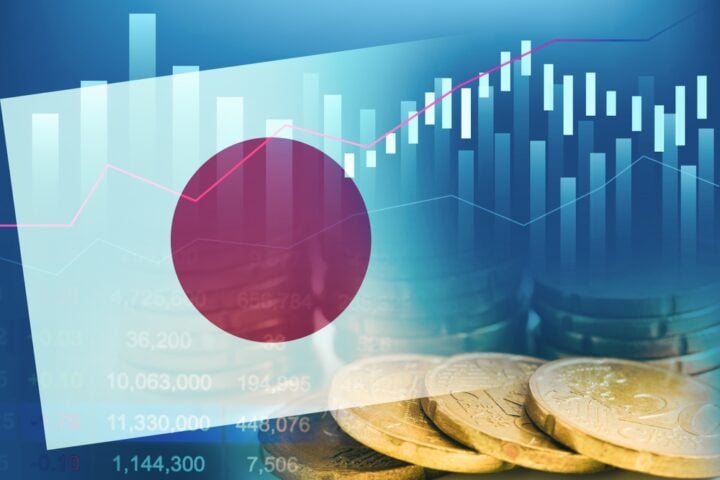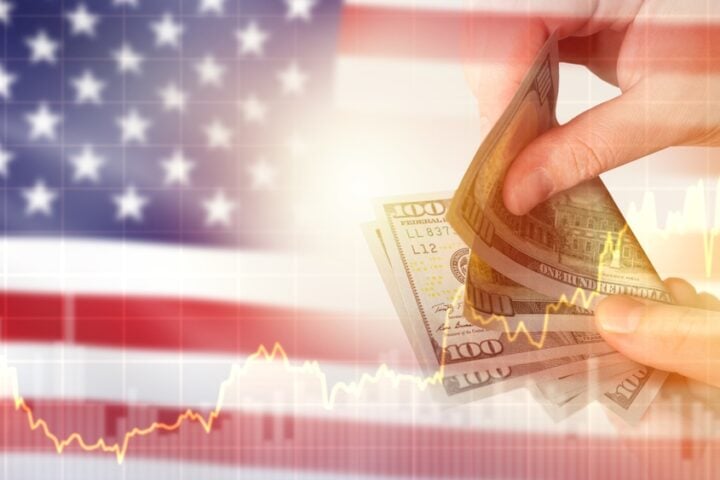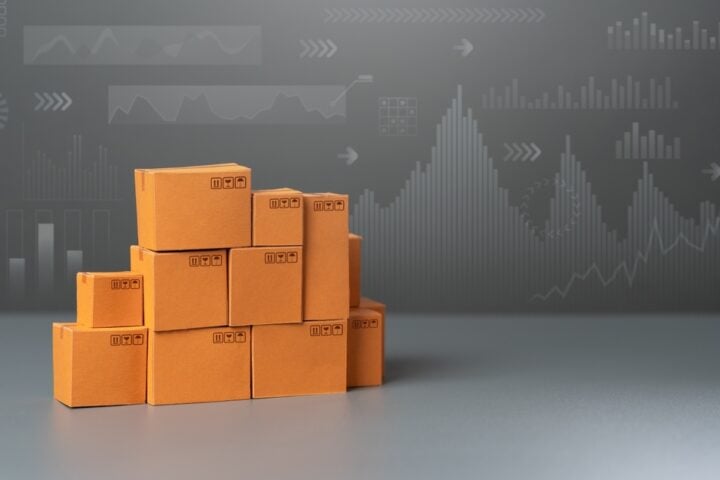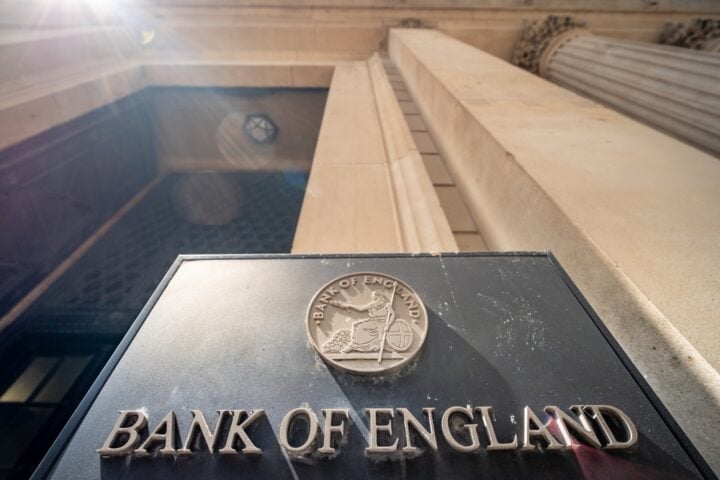The American consumer is growing increasingly concerned about the economy, with anxiety showing up across several sentiment surveys. This comes as the Trump administration seeks to reshape America’s global trade relationships and inflation shows signs of lingering. Amid rising economic uncertainty, consumers are reconsidering their spending habits, reflecting broader concerns about the future of the U.S. economy. Is this just a temporary setback, or are we seeing the start of a longer-term trend?
Falling Consumer Confidence: A Troubling Trend
The latest data from The Conference Board’s Consumer Confidence Index for February revealed a decline to 98.3, marking the third consecutive monthly drop and the most significant decrease since August 2021. This decline is partly due to growing concerns about inflation, which are also echoed in the University of Michigan’s consumer survey for the same month.
Stephanie Guichard, senior economist for global indicators at The Conference Board, noted that “consumers became pessimistic about future business conditions and less optimistic about future income.” This sentiment is spreading across various sectors, with homebuilders and small businesses also expressing increased concern about the economy’s direction.
Business Worries: Homebuilders and Small Businesses Feel the Strain
The National Association of Home Builders reports growing pessimism among builders, largely due to economic uncertainty and fluctuating inflation expectations. Similarly, small businesses are feeling the pressure. According to the National Federation of Independent Business’ Uncertainty Index, business owners’ confidence dipped in January, reaching its third-highest level on record.
This souring economic mood is a stark contrast to the brief optimism that followed President Donald Trump’s election. Concerns over aggressive tariff policies and trade tensions have reversed this trend, contributing to growing economic unease.
Inflation Concerns: Fed on High Alert
Inflation fears are central to the current economic anxiety. The Federal Reserve is closely monitoring consumer expectations, as these can influence actual inflation rates. If Americans anticipate rising prices, they may adjust their spending behaviors, potentially leading to a self-fulfilling cycle of inflation.
While the Federal Reserve has not yet sounded the alarm, officials have acknowledged the need to keep inflation expectations anchored. St. Louis Fed President Alberto Musalem recently stated, “It could be appropriate to ignore or look through an increase in the price level if the impact on inflation is expected to be brief and limited.” However, he warned that a more aggressive monetary policy could be necessary if inflation expectations continue to rise.
Chicago Fed President Austan Goolsbee echoed these concerns, calling recent inflation expectations from the University of Michigan’s survey “not a great number.” He cautioned against overreacting to one month of data but emphasized the importance of monitoring the trend closely.
Shifting Consumer Behaviors: Spending Plans Adjust to Uncertainty
Economic uncertainty is affecting how Americans plan to spend their money. A recent Wells Fargo survey found that about three-quarters of adults and teens across the U.S. intend to cut back on spending due to concerns about the economy. The survey highlights a growing sense of unpredictability around the value of the dollar, especially among younger generations.
Michael Liersch, head of advice and planning at Wells Fargo, noted that “consumer behaviors are shifting,” as inflation and economic uncertainty make it harder for people to gauge their purchasing power. According to the survey, 82% of Gen Z adults and 79% of Millennials plan to reduce their spending, with dining out, gas prices, and entertainment costs cited as primary areas of concern.
Is Economic Anxiety Here to Stay?
The growing unease among American consumers and businesses reflects a broader uncertainty about the future of the U.S. economy. As inflation concerns persist and trade policies evolve, consumer confidence continues to waver. Whether this is a temporary reaction or a sign of long-term economic anxiety remains to be seen. With the Federal Reserve keeping a close watch on inflation expectations, the coming months will be crucial in determining the direction of the American economy.


